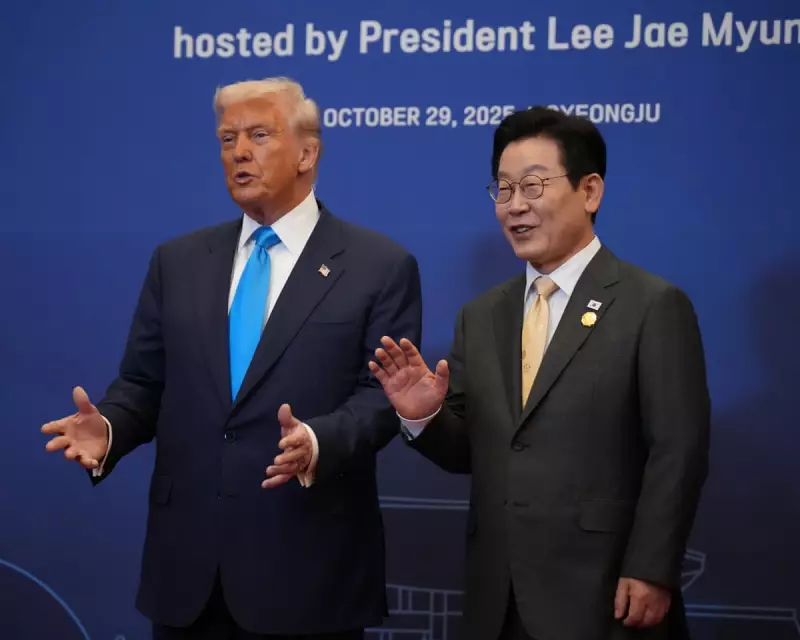
As Donald Trump returns to the international stage, the former US president is charting a course through Asia that could send shockwaves through global markets. His mission: to forge a new network of bilateral trade agreements that would fundamentally alter how America does business with the world's fastest-growing economic region.
What's Driving Trump's Asian Trade Mission?
Fresh from his election victory, Trump is wasting no time implementing his "America First" trade philosophy. Rather than participating in broad multilateral agreements, he's pursuing direct deals with individual nations including Japan, South Korea, and Vietnam. This approach allows him to leverage US economic power in one-on-one negotiations.
The strategy carries significant implications:
- Potential tariff increases on imports from countries that don't meet US demands
- Renegotiation of existing trade terms established under previous administrations
- A shift away from cooperative trade blocs toward bilateral arrangements
The China Question Looms Large
While China isn't officially on Trump's itinerary, analysts suggest his entire tour is strategically designed to counter Chinese economic influence in the region. By creating alternative trade pathways for Asian nations, Trump aims to reduce their dependency on Chinese markets and supply chains.
"This isn't just about trade deals," explains one trade policy expert. "It's about creating a new economic architecture in Asia that aligns with American interests rather than Chinese dominance."
What Could This Mean for Global Commerce?
The potential consequences of Trump's trade offensive are far-reaching. Businesses worldwide are bracing for possible disruptions to established supply chains and increased costs for consumers. The spectre of retaliatory tariffs from affected countries adds another layer of uncertainty to an already volatile global economy.
As Trump's plane touches down in each capital, market watchers will be monitoring for any announcements that could signal the beginning of a new era in international trade relations—one defined by bilateral bargaining rather than multilateral cooperation.





